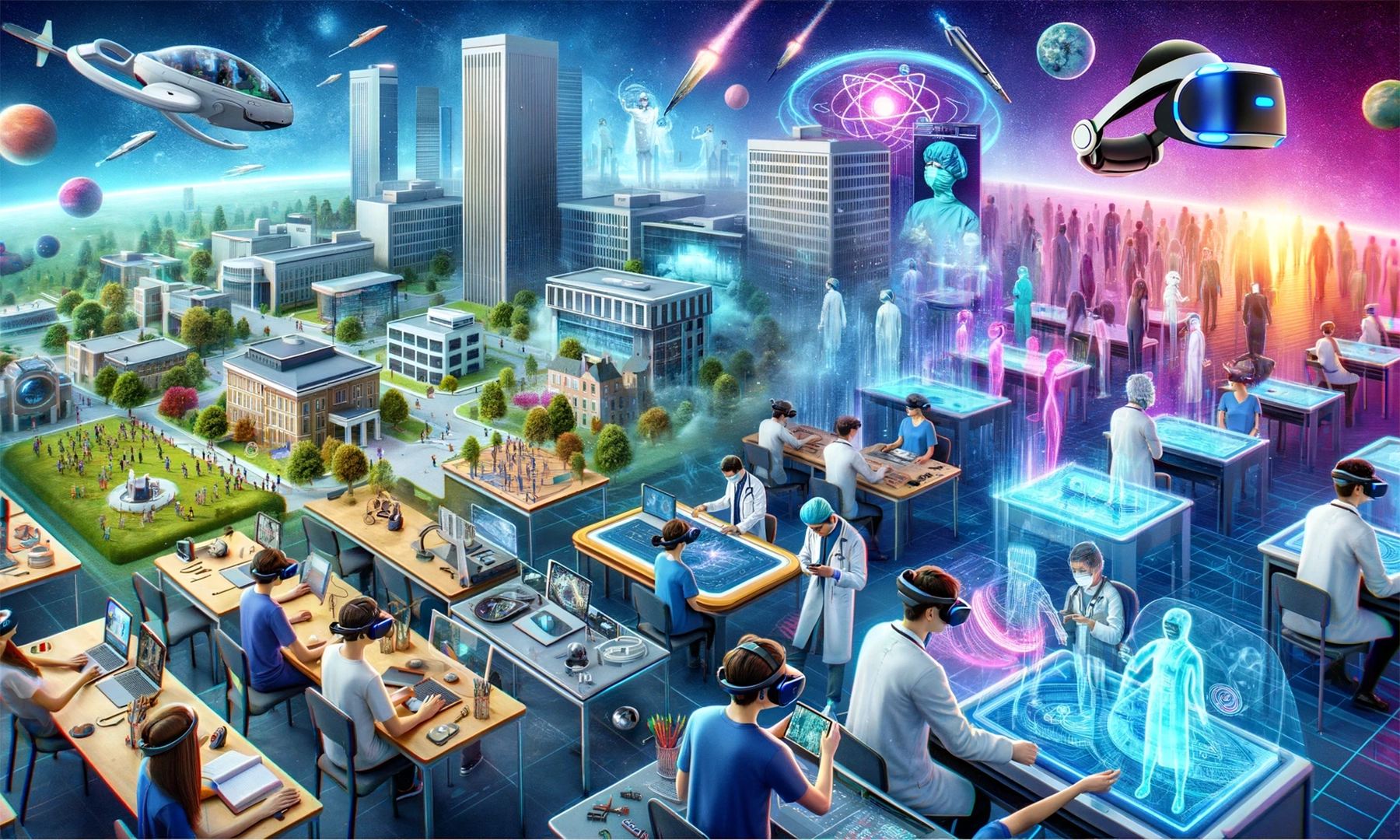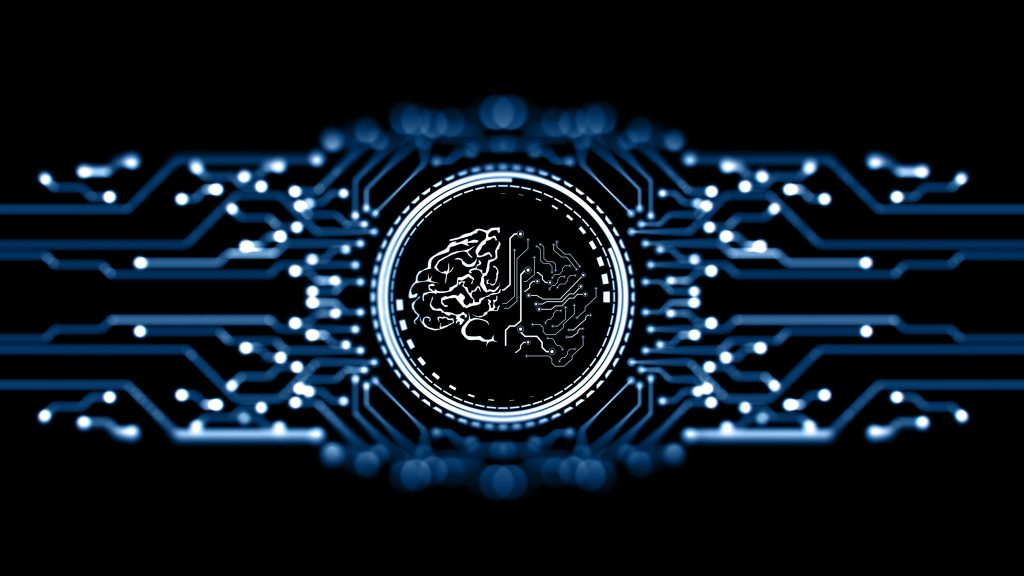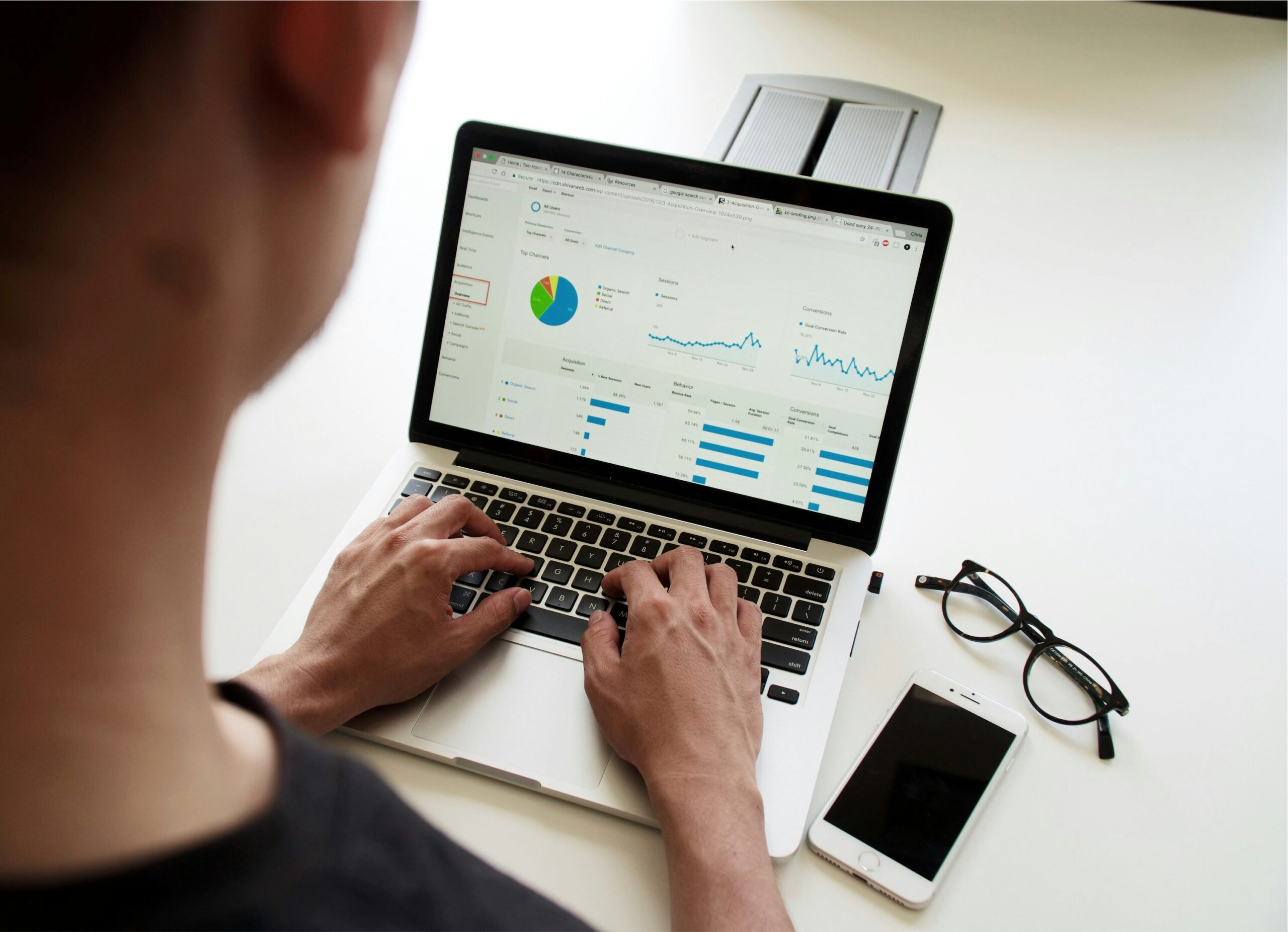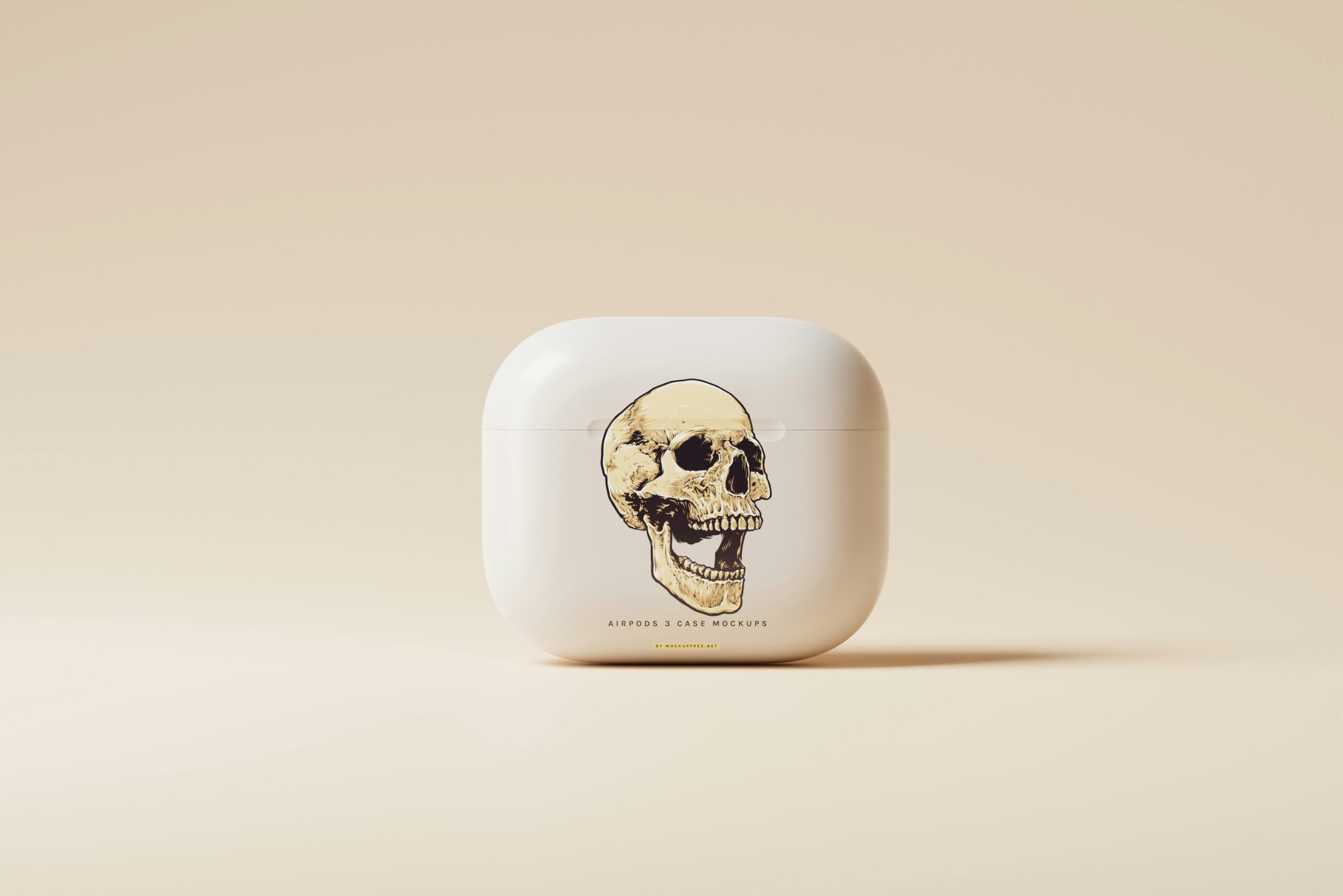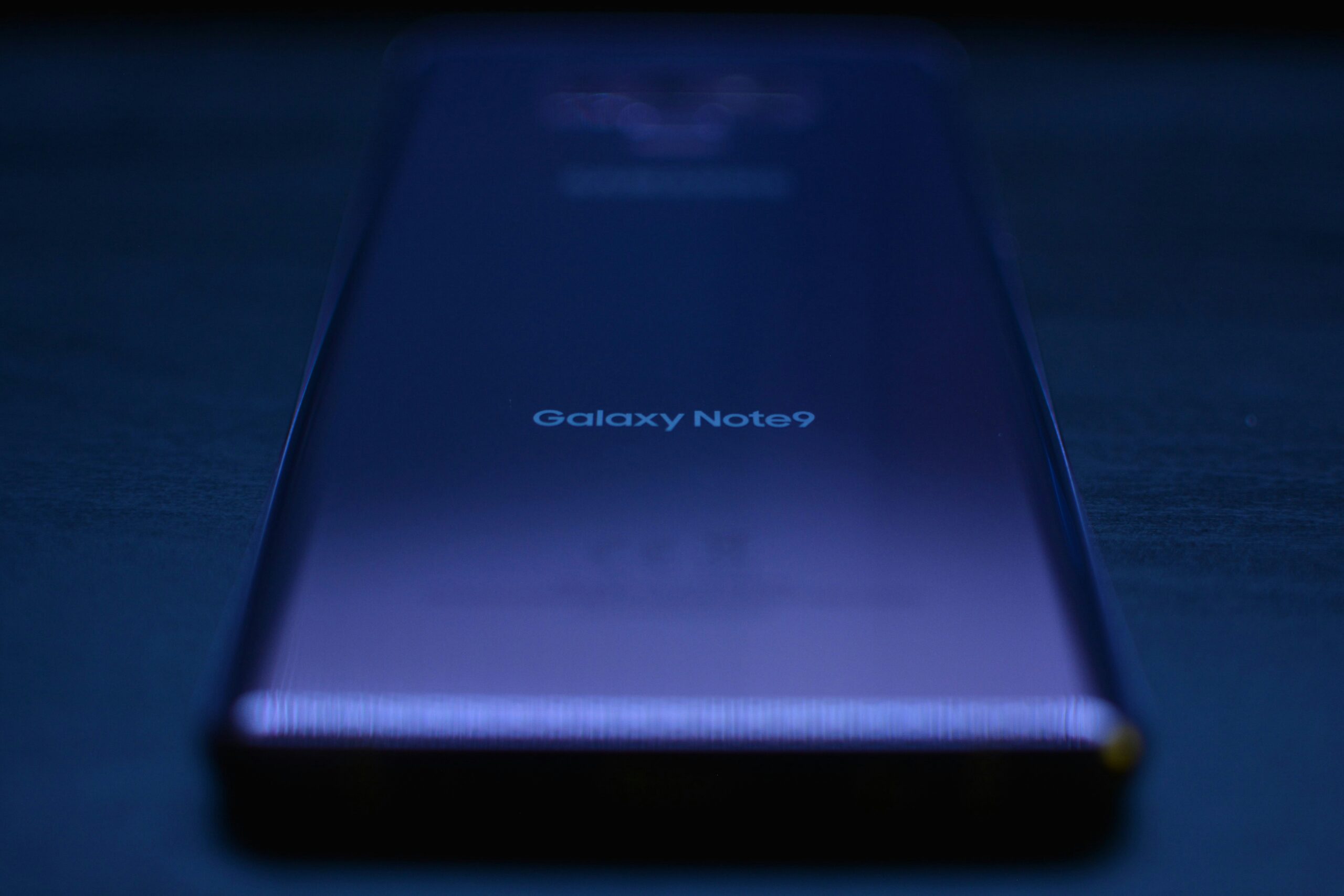Introduction to GPS and its Evolution
GPS technology has revolutionized the way we navigate our world. From its humble beginnings as a military tool to something that fits snugly in our pockets, GPS has become an integral part of everyday life. Whether you’re hopping into your car or trekking through a new city, this technology guides us with precision and ease.
Imagine never worrying about getting lost again! With just a tap on your smartphone or a glance at your GPS device, you can explore uncharted territories or simply find the quickest route home after work. But it’s not just about navigating roads; GPS offers practical solutions for various aspects of daily living.
Curious how this amazing technology works? Let’s dive deeper into the ins and outs of GPS and discover all the ways it enhances our lives every day.
How GPS Works: A Brief Overview
GPS, or Global Positioning System, operates through a network of satellites orbiting the Earth. These satellites continuously transmit signals that carry precise timing information.
When your GPS device receives these signals, it calculates how long each signal took to arrive. By measuring this time delay from multiple satellites—typically four—it can determine your exact location in three-dimensional space: latitude, longitude, and altitude.
The magic lies in triangulation. Each satellite’s position is known, allowing the GPS receiver to pinpoint where you are based on the distances calculated from those signals.
This process happens quickly and often without any user intervention. What was once reliant on maps has evolved into an instant system that helps millions navigate their daily lives with ease and accuracy.
Benefits of GPS for Everyday People
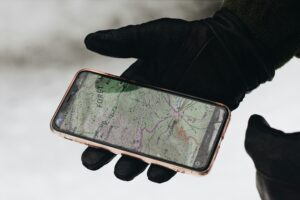
GPS technology has transformed the way we live. It’s not just for navigation anymore; it enhances various aspects of daily life.
One significant benefit is convenience. With GPS, finding your way around unfamiliar places becomes effortless. No more getting lost or relying on outdated maps.
In our fast-paced world, time-saving is crucial. GPS helps you choose the quickest routes to work or appointments, reducing travel time and stress.
Safety also plays a vital role. Knowing that help can be located quickly gives peace of mind when traveling alone or in remote areas.
Moreover, GPS aids fitness enthusiasts by tracking routes during runs and bike rides. It provides essential data like distance covered and pace, helping users achieve their fitness goals efficiently.
From locating friends to exploring new trails, GPS enriches everyday experiences while keeping us connected and informed.
Navigation and Directions
GPS technology has transformed the way we navigate our world. Gone are the days of unfolding paper maps or asking for directions at gas stations.
With a GPS device or app, you can easily input your destination and receive turn-by-turn guidance. This real-time navigation updates with traffic conditions, helping you avoid delays and find the fastest routes.
Whether you’re commuting to work, running errands, or embarking on a road trip, GPS ensures that you stay on track. You can even explore new areas without fear of getting lost.
The convenience of voice-guided directions allows you to keep your eyes on the road while still staying informed about upcoming turns and exits. Embracing this technology makes traveling less stressful and more enjoyable.
Finding Lost Items or People
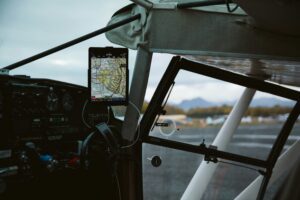
Misplacing items can be frustrating. GPS technology offers a straightforward solution. Many devices and apps now allow you to track your belongings in real time.
For example, small GPS trackers attach easily to keys, wallets, or bags. When something goes missing, a quick glance at your smartphone helps locate it instantly.
Finding lost people is another critical application. Parents often use tracking apps on their children’s phones for peace of mind. Whether at a bustling park or during family outings, knowing where loved ones are can alleviate anxiety.
In emergencies, GPS also assists in locating individuals quickly when every second counts. It plays an essential role in search and rescue operations by pinpointing exact locations based on coordinates.
By utilizing these tools effectively, everyday life becomes less stressful as you stay connected with your possessions and those who matter most.
Fitness and Health Tracking
GPS technology has transformed the way we approach fitness and health tracking. With devices that integrate GPS, users can monitor their workouts with precision.
Running or cycling outdoors? Your GPS-enabled watch or smartphone app will map your route in real time, showing distance covered and pace. This data empowers you to set achievable goals and push your limits.
For outdoor enthusiasts, hiking trails come alive through accurate positioning. You can explore new paths without losing track of where you are.
Many fitness apps now offer features that allow for tracking heart rates alongside GPS data. This combination helps individuals understand how their bodies respond during physical activity.
Tracking progress over time is easier too. By reviewing past routes and performance metrics, it’s simple to see improvements or identify areas needing focus without guesswork.
Embracing GPS for fitness means making informed decisions about training while enjoying the great outdoors safely.
Safety and Emergency Situations

GPS technology plays a crucial role in safety and emergency situations. When disaster strikes, every second counts. GPS can help responders locate individuals quickly, especially during natural disasters or medical emergencies.
Imagine being lost in an unfamiliar area. With GPS-enabled devices, you can share your location with friends or family instantly. This feature can be vital if you’re in distress.
Many smartphones have integrated SOS functions that utilize GPS to alert authorities about your exact whereabouts. This capability ensures that help arrives faster when you need it most.
In case of accidents, certain vehicles come equipped with automatic crash notification systems using GPS signals to contact emergency services automatically. This innovation enhances the chances of receiving timely assistance.
Furthermore, outdoor enthusiasts often rely on handheld GPS devices for trail navigation and safety alerts when hiking or camping alone. These gadgets make adventure thrilling yet secure by keeping you connected even off the grid.
Personal and Property Security
GPS technology has transformed personal and property security in remarkable ways. Many modern vehicles come equipped with GPS tracking systems that can help locate them if stolen. This feature provides peace of mind for car owners, knowing they have a way to track their vehicle’s whereabouts.
Home security systems now often incorporate GPS features as well. Smart alarms can alert homeowners when there’s unusual movement at home, and some even allow you to monitor your property remotely through mobile apps.
For individuals, wearable devices like smartwatches utilize GPS to keep track of location in real-time. If someone feels unsafe or is in distress, they can quickly share their location with friends or family members.
Furthermore, many people use GPS-enabled apps on their smartphones to set up emergency alerts based on specific locations. This proactive approach enhances safety by providing quick access for help when needed.
Traveling and Exploring with GPS
Traveling has never been easier with GPS technology at our fingertips. Whether you’re visiting a new city or hiking through nature, GPS helps you navigate unfamiliar terrain.
With just a smartphone app or handheld device, you can find the best routes and avoid getting lost. You’ll discover hidden gems that traditional maps might miss. This opens up endless possibilities for exploration.
GPS also enhances road trips by providing real-time traffic updates. No more wasting time in gridlock; rerouting is simple and quick. Plus, many travel apps offer recommendations for restaurants, attractions, and local events based on your location.
For those adventurous souls who love outdoor activities, GPS devices guide hikers and campers safely to their destinations. The ability to mark waypoints ensures you’ll always know how to return from your explorations.
This powerful tool transforms every trip into an adventure worth remembering.
Common Misconceptions about GPS
Many people believe that GPS is always 100% accurate. In reality, various factors can affect its precision. Tall buildings, dense forests, and bad weather can distort signals.
Another common misconception is that GPS only works outdoors. While it’s true that satellites provide the primary data, many devices now utilize Wi-Fi and cellular networks indoors to enhance location accuracy.
Some think GPS tracking invades privacy. However, most services require user consent for sharing location data. People often have control over what they share and when.
Additionally, many assume GPS will guide them perfectly every time. Yet it relies on updates from map providers; outdated maps may lead users astray in unfamiliar areas or new developments.
There’s a belief that all smartphones come equipped with reliable GPS capabilities. Not all devices are created equal; some may lack advanced features found in dedicated GPS units or newer models.
Choosing the Right GPS Device or App
Selecting the right GPS device or app can feel overwhelming. With so many options available, it’s essential to consider your specific needs first.
For everyday navigation, smartphone apps like Google Maps and Waze offer real-time updates and user-friendly interfaces. They’re perfect for casual users who need directions quickly.
If you’re an outdoor enthusiast, look into dedicated handheld GPS devices designed for hiking or geocaching. These often feature topographic maps and enhanced durability against the elements.
Business professionals may benefit from fleet management tools that track vehicles in real time. This ensures efficient routing and improved accountability.
Budget is also a crucial factor. While some apps are free, premium features might require a subscription. Researching reviews can provide insights into performance before making your choice.
Assess how you plan to use GPS technology to find what fits best in your daily life.
Conclusion
GPS technology has transformed the way we live, making daily tasks easier and more efficient. From navigating unfamiliar roads to tracking fitness goals, its applications are diverse and practical. Understanding how GPS works can help you leverage its benefits fully.
With various devices and apps available, choosing the right one for your needs is essential. Whether it’s a dedicated GPS unit or a smartphone app, there’s something out there for everyone. As misconceptions about GPS continue to circulate, staying informed can enhance your experience.
Adopting GPS in everyday life not only improves convenience but also enhances safety and security. Its role in emergency situations underscores its importance as a reliable tool for everyone.
Embracing this technology opens up new opportunities for exploration and adventure while keeping you connected to what matters most. With so many advantages at hand, incorporating GPS into daily routines seems both sensible and rewarding.


